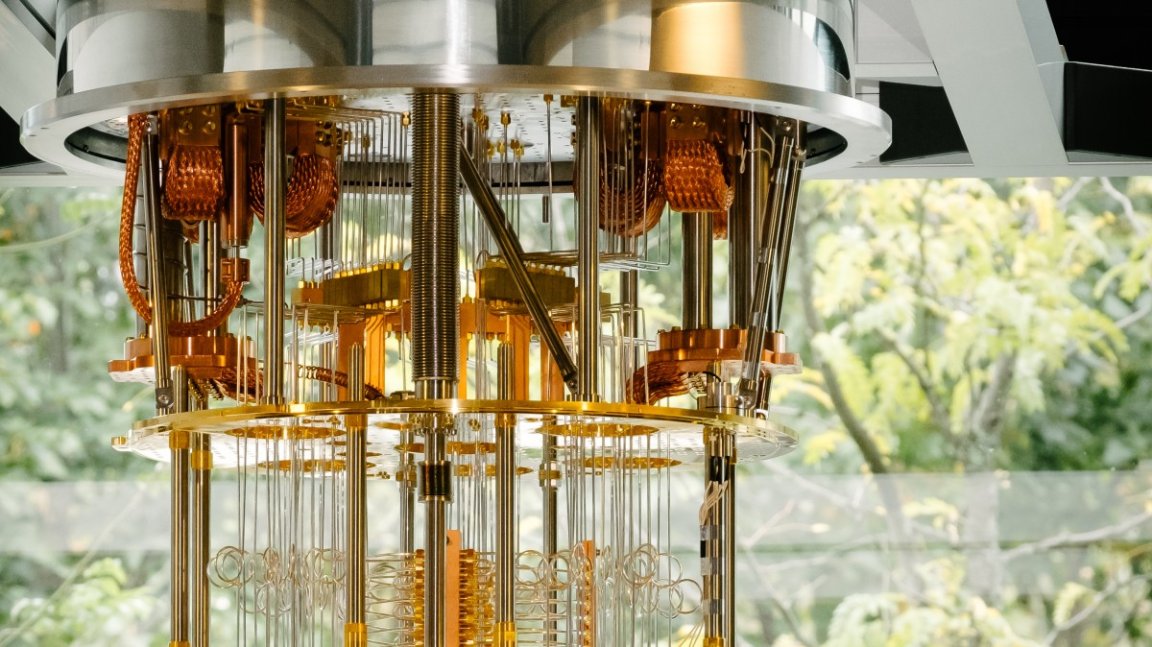
Setting New Heights
At the IEEE Industry Summit on the Future of Computing in Washington D.C. on Friday, IBM announced the development of a quantum computer capable of handling 50 qubits (quantum bits). This breakthrough puts IBM on the cutting edge of quantum computing research, as a 50-qubit machine is so far the largest and most powerful quantum computer ever built.
Seen by experts as the future of advanced computing, a quantum computer performs rather differently compared to traditional computers. Instead of processing information using binary bits of 0s and 1s, a quantum computer uses qubits, which can simultaneously be a 0 and/or a 1. This is made possible by the quantum effects known as entanglement and superposition.
Aside from their 50-qubit machine, IBM also has a 20-qubit quantum computing system that’s accessible to third-party users through their cloud computing platform. IBM managed to maintain the quantum state for both systems for a total of 90 microseconds. That may seem short — because it is — but it’s already a record feat in this growing industry, where one of the biggest challenges is sustaining the life of qubits.
“We are really proud of this; it’s a big frickin’ deal,” IBM’s director for AI and quantum computing Dario Gil, who made Friday’s announcement, told the MIT Technology Review.

A Step Closer
IBM has been making significant advances in quantum computing ever since their researchers helped to create the field of quantum information processing. But they aren’t the only one in on the race to build working quantum computers. Google and Intel are also developing their own quantum computing systems, and San Francisco-based startup Rigetti wants to revolutionize the field. Meanwhile, Canadian quantum computing company D-Wave has already developed a couple of quantum computers which have been used by NASA and Google.
A 50-qubit machine can perform extremely difficult computational tasks, but with Google suggesting that this many qubits could outclass the most powerful supercomputers, IBM’s machine isn’t yet ready for widespread, commercial, or personal use. Like all of today’s quantum computers, IBM’s 50- and 20-qubit systems still require highly specialized conditions to operate.
Furthermore, as University of Maryland professor Andrew Childs pointed out to MIT Tech Review, IBM hasn’t yet published the details of their new machine in a peer-reviewed journal. “IBM’s team is fantastic and it’s clear they’re serious about this, but without looking at the details it’s hard to comment,” he said, adding that more qubits doesn’t necessarily translate to a leap in computational ability. “Those qubits might be noisy, and there could be issues with how well connected they are.”
At the very least, this development is bringing us one step closer to a future where quantum computing transforms how we process information and helps us to solve many of the world’s most difficult problems. IBM is set on making their quantum computer work, and they’re expected to announce an upgrade to their quantum cloud software today. “We’re at world record pace. But we’ve got to make sure non-physicists can use this,” Gil told the MIT Tech Review.